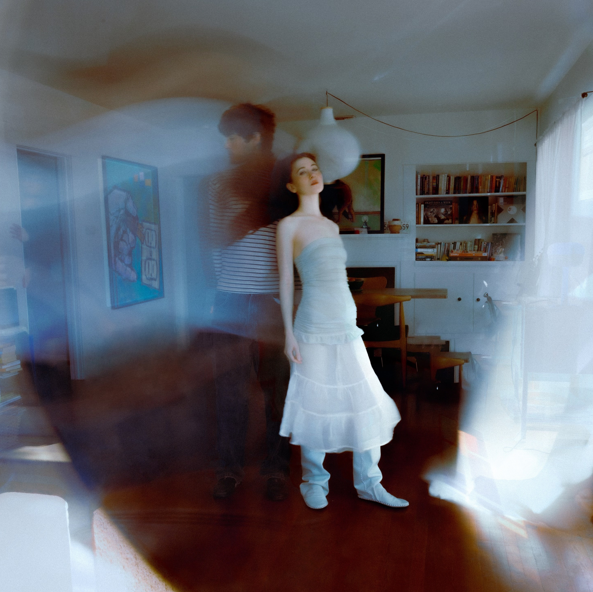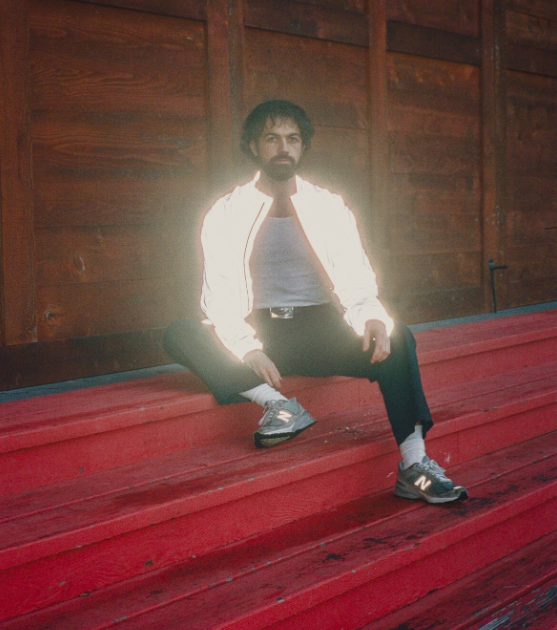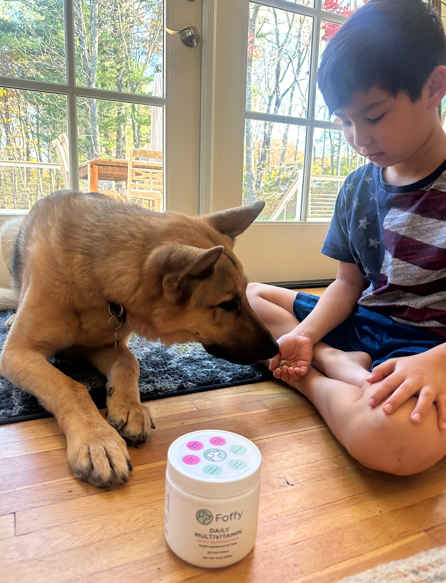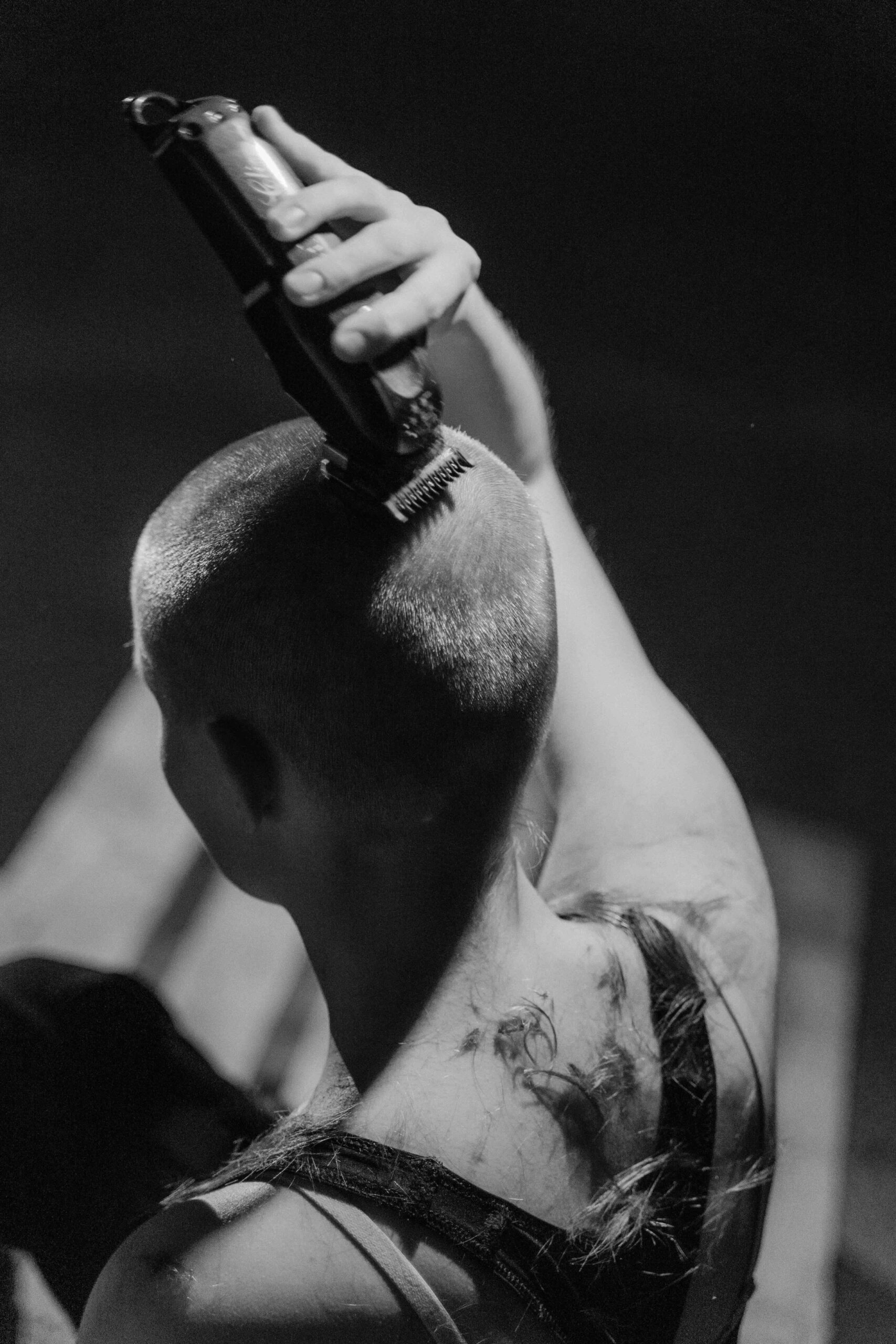Popular
How to Get a Dog to Behave Better
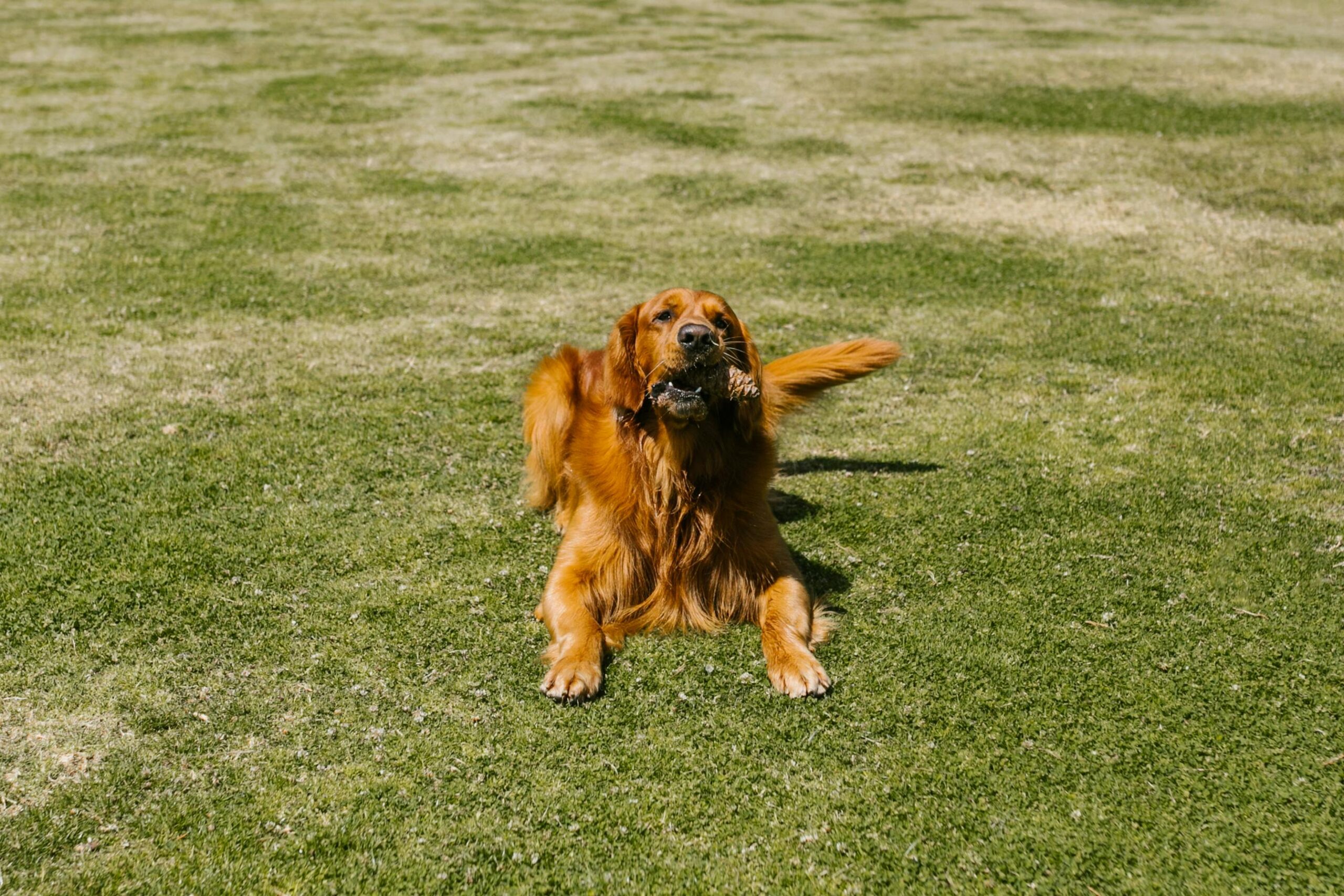
Helping your dog behave better is a common goal for many pet owners. Whether you have a playful puppy or a stubborn adult dog, good behaviour is important for a happy home. Understanding the reasons behind your dog’s actions can be helpful. Training doesn’t have to be boring; with patience and the right methods, you can encourage good behaviours in your dog.
Behavioural issues can include jumping on guests, excessive barking, or chewing on shoes. These habits can come from boredom, anxiety, or a lack of training. No matter the problem, there are effective ways to guide your dog to better behaviour.
Let’s look at how to positively influence your dog’s actions and create a happier life together.
Routine and Structure
Dogs do best with routine. Setting a regular schedule for feeding, walks, and playtime helps your dog know what to expect. This routine can reduce anxiety and make your dog feel more secure. For example, if your dog knows they will be fed at 7 AM and taken for a walk afterward, they won’t be as anxious and won’t get into trouble.
Adding short training sessions to your daily routine can also help. Keep these sessions to 10-15 minutes. This way, your dog stays engaged and pays attention to your commands. Rewarding good behaviour during training helps your dog understand what you want.
Positive Reinforcement
Positive reinforcement is one of the best ways to teach your dog good behaviours. Treats, praise, and affection work well as rewards. When your dog does something good, reward them right away. This helps them understand that good behaviour leads to great outcomes.
Open Farm dog food can help in this process. Their healthy and tasty treats can motivate your dog to learn new commands or change unwanted behaviours. Since many dogs love food, choosing treats that they enjoy can make training more effective and fun.
Redirecting Attention
Sometimes dogs act out because they are bored or want attention. In these cases, redirection can help. Instead of scolding your dog for chewing on furniture or barking too much, guide them to a more appropriate activity. Give them toys, chews, or fun activities to keep their focus away from bad behaviours.
Interactive toys that need problem-solving can keep your dog busy. Puzzle toys that hide treats and require your dog to figure out how to get them can also help. By redirecting unwanted behaviour into fun activities, you can reduce bad habits and strengthen your bond.
Socialization
Socializing your dog is important for good behaviour. Exposing them to different people, environments, and other dogs helps them learn how to behave well. Start in safe, controlled settings, and gradually expose them to more complex situations. More experiences will help your dog become more confident.
Group training classes are great for socialization while also working on obedience. These classes give your dog a chance to interact with others and learn from trainers. Make sure the environment is positive, so every interaction is constructive. These settings usually offer a quiet space focused on learning and improvement.
Physical Exercise
Exercise is important for dogs. It helps them stay healthy and happy. Regular activity can lower hyperactivity, prevent destructive behaviours, and boost their mood. A tired dog is usually well-behaved. Daily walks, games of fetch, and agility training can burn off extra energy.
Different dogs have different exercise needs based on their breed, age, and health. Customizing your exercise plan helps keep your dog healthy and happy. This leads to better behaviour over time as your dog learns to use their energy in positive ways instead of causing trouble.
Consistency is Key
Sticking to a routine is very important in dog training. Repeating commands helps your dog understand what you want them to do. Everyone in your home should use the same commands and methods to avoid confusing your dog. They should also feed the best dog food for consistency. Clear messages about what is acceptable behaviour help your dog respond better.
Be patient. Changes in behaviour take time. Being consistent in your training and expectations leads to lasting results. Celebrate small successes along the way. Training is a journey for you and your pet, and every step forward counts.

